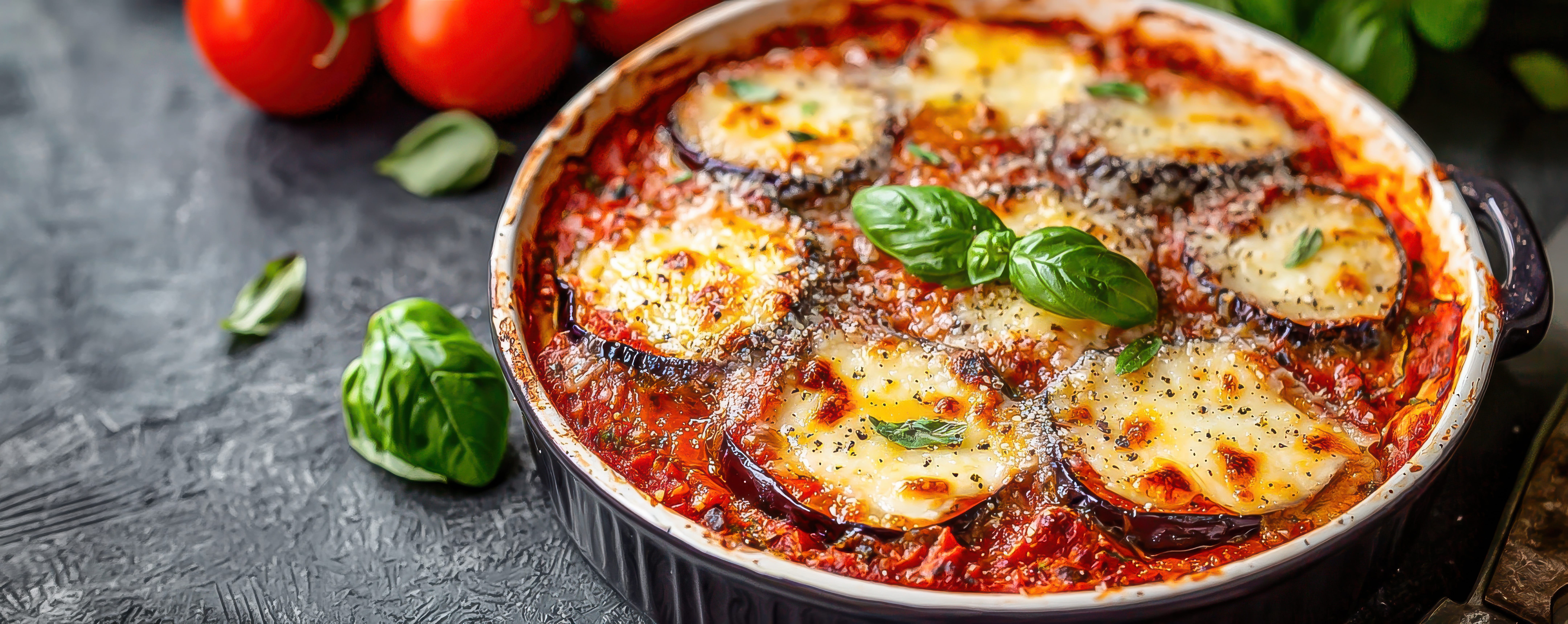Gout is a form of inflammatory arthritis and a common cause of painful joints. If you’ve ever had it you’ll know how excruciating it is. Often its thought – mistakenly – to be a condition that just affects heavy drinkers and causes ‘just a bit of a red toe’ – but it is a serious and painful complaint that can affect pretty much anyone.
What is gout?
Gout affects approximately one to two people in every hundred in the UK and is on the increase mainly due to the aging population and increasing obesity.
It’s caused by uric acid building up in the body and forming needle-like crystals – usually in the cooler extremities of the body including the toes (most commonly the big toe), ankles, knees, elbows and fingers. Other joints and even the kidneys, spinal cord, vocal cords and cartilage around the ear can be affected.
‘The build-up of crystals cause flare-ups so painful patients are sometimes unable to weight-bear on their joints or even tolerate a sheet over the affected joint at night,’ explains Dr Kelsey Jordan, Consultant Rheumatologist at Brighton and Sussex University Hospital and a Trustee of the UK Gout Society.
Gout symptoms
• Swollen big toe: Typically the big toe will become painful, red, hot and swollen. Other joints can also be affected.
• Joint too painful to move: There may be difficulty using the affected joint due to pain and swelling .
• Shiny, red skin which peels off: ‘The skin over the joint often appears shiny and red and may peel,’ says Dr Jordan.
Who’s more affected with gout?
More men than women suffer from gout and that’s because women are protected by the female sex hormone oestrogen until the menopause. It becomes more common as you get older.
You may be more at risk if your parents or grandparents had gout and it’s four times as common in obese people. You’re also more prone to gout if you have raised cholesterol, high blood pressure or type 2 diabetes, as they all affect your kidney’s ability to get rid of urate as well as they should. This combination of problems is often called the metabolic syndrome.
What causes gout?
Dr Kelsey says it’s frustrating that so many myths still persist about gout.‘The biggest one is that it is largely self-inflicted and due to overdoing port, red wine, red meat and other rich foods including game and shellfish.
‘There’s this Henry the VIIIth type image that still lingers – in fact the cases of gout related to alcohol back in those times were almost entirely related to lead poisoning from the casks the wine and port were stored in and not to the type of alcohol they drank at all.
‘Whilst diet and alcohol do play a role in triggering gout symptoms because certain ones contain purines which break down to form uric acid, this accounts for only 10 to 15 per cent of cases.
‘Other factors such as a genetic predisposition to high uric acid levels in the blood, or faults in the kidney for transporting uric acid out of the body, being overweight or having diabetes and high blood pressure and side effects from prescribed medication (including diuretics) are far more important.’
How is gout diagnosed?
‘This bit is easy at least – there’s one blood test that can be done and if your levels of uric acid are greater than 0.36 mmols per litre plus you have the clinical symptoms, you have gout,’ advises Dr Jordan.
‘X rays of joints may reveal joint damage if you have long standing disease – but are not helpful in confirming a diagnosis of gout in the early years.’
What’s the treatment?
• Acute flare ups: Gout patients are usually treated with pain killing anti inflammatory drugs and/or a drug called colchicine, made from the crocus plant to dampen down the inflammation caused by the crystals touching the joint lining. Ice packs and rest can also help. In severe cases, steroid injections may be given.
• Ongoing treatment: ‘If there’s one message I want to get across to patients it’s the fact that gout needs ongoing treatment to lower uric acid levels – not just short term treatment to dampen down a flare up; it is the only curable form of arthritis’ says Dr Jordan.
The most commonly prescribed drug for lowering uric acid levels is allopurinol, which works by reducing the amount of urate your body makes and is usually taken once a day.
‘It’s crucial that your GP not only starts you off on a dose of allopurinol but also follows you up with more blood tests to check your levels are coming down and titrates your dose accordingly’, says Dr Jordan.
‘Unfortunately, this seldom happens – people either stay on the same dose or stop taking it once their flare up had died done – believing it has gone away. In fact, unless uricacid levels are controlled, crystals will continue to build up and cause joint damage.
‘It is very frustrating as if patients are given the correct medication for long enough the crystals that cause joint damage will gradually dissolve.’
Self help tips
‘Some patients are resistant to taking tablets and like to think they may be able to control their gout with diet and lifestyle changes alone,’ says Dr Jordan.’ But although this can make a difference especially if your levels are just above the threshold – it is rarely enough on its own.’
‘With the proviso that in most case medication is needed as well, there are other lifestyle changes which may help improve your symptoms.’
These include:
• Losing weight: The lower your weight, the lower your levels of urate in the blood.
• Keeping hydrated: This will help flush urate out of your body, aim for a 1-2 litres a day or 3.5 litres if you have kidney stones. If you have heart failure you may be fluid restricted however.
• Cut down on drinks high in purines: These include beer, other alcoholic drinks including spirits (but not wine) and also sugary drinks high in fructose.
• Cut down on foods rich in purines: These include red meat and offal, oily fish including anchovies and sardines and foods rich in yeast extract
• Vitamin C: Vitamin C encourages the body to excrete more urate so eat more fruit and vegetables.
For more information on managing your gout contact the UK Gout Society.
What makes Horder Healthcare unique
Horder Healthcare is committed to providing the very best quality of care for our patients and customers. We are continuously working on improving and reducing risks and this is reflected in our consistently high CQC results, patient satisfaction questionnaires and minimal levels of infection.
We are a charity
We reinvest our profit to benefit more people and help us achieve our aim of advancing health.






